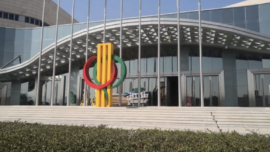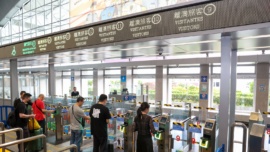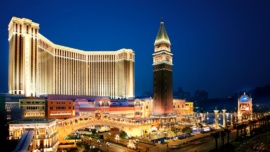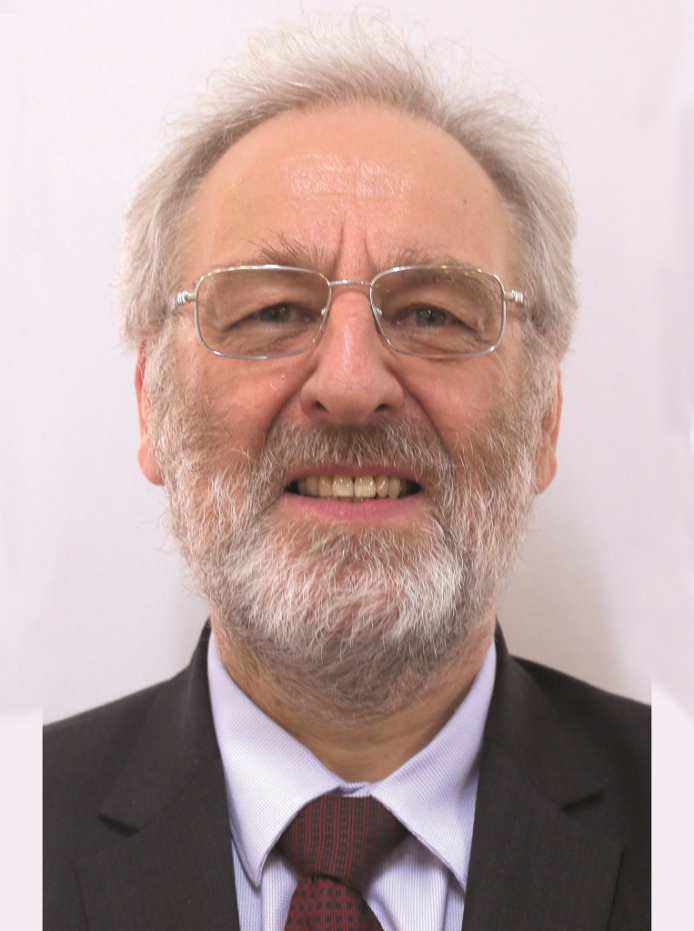
Macau Business | May 2023
Keith Morrison – Author and educationist
In his 1943 detective novel ‘The Weight of Evidence’, the author, Michael Innes, rephrases the age-old debate on the meaning of science: ‘is science the disinterested pursuit of knowledge which the world may apply if it will? Or is it an activity always dependent upon economic and political demands?’
Here, 80 years on, there is a tacit nod to this question in recent comments at a press conference given by Macau’s Science and Technology Development Fund (FDCT), an important, generous arm of the Macau government which gives money to scientific projects (currently up to 470 million patacas). Here, if the report is accurate, funding for scientific projects proposals from universities will be vetted – selected in or out for funding – based on ‘their innovativeness, academic values, research methods and prospects of practicality’. Proposals from ‘enterprises’ will be vetted for their ‘technicality, feasibility, economic and social efficacy, as well as their possibility for industry-campus-research collaborations’. It sounds promising. But what, actually, is it promising?
What we are seeing here is a miniaturised version of the Triple Helix model of innovation, wherein government, industry, and universities work together for the economic and social development of the region. Such synergies can be highly productive, bringing massive social benefits, of which mainland China is one of the world’s leading examples in ‘levelling up’, reducing poverty, and developing infrastructure in a telescoped time frame.
But pause for a moment. What are the FDCT’s ‘academic values’ here? One debate in higher education is the extent to which universities, centres of scholarship and learning in all fields, have entered into a Faustian pact and sold out to mass-market, consumer-based, training-based, materialistic, product-oriented, employment-focused education rather than to the higher interrogation of values, ethics, and learning in broad and deep senses.
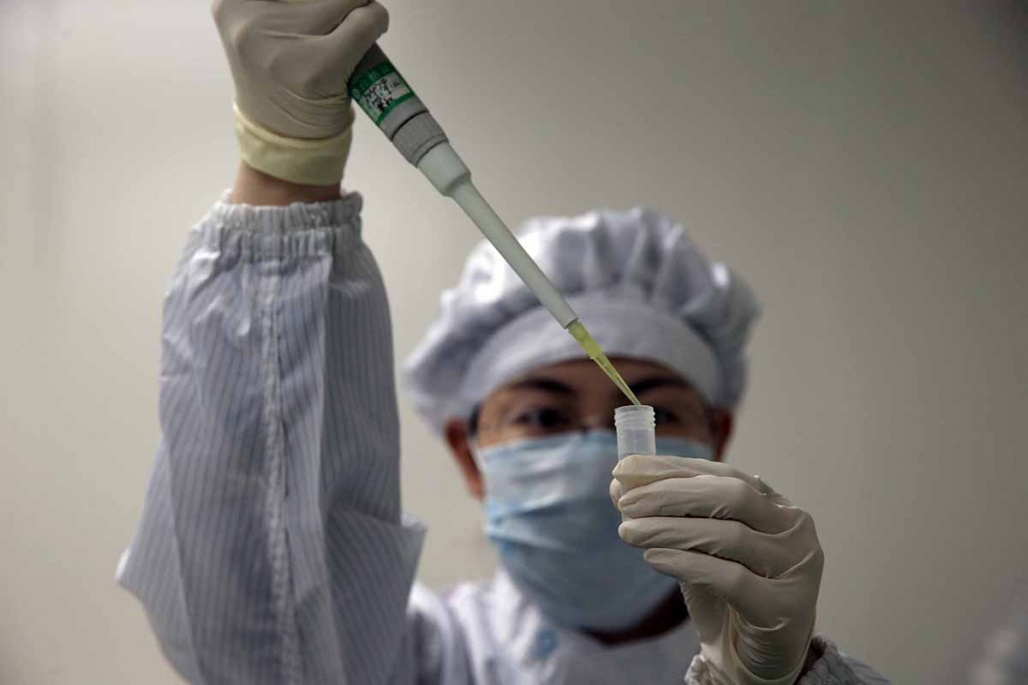
Universities have marginalised deliberation, questioning, disputation, debate on virtues, arts, humanities, and the pursuit of the good life by the rounded, thinking, ethically alert person and society. Rather, many have become polytechnics and technical colleges in sheep’s clothing and academic gowns, shops for commercialised, industrialised, practicalised, technicised, materialist values and products. Ironically, credentials, as a market commodity, have increasingly less value in the employment stakes, but they feed competitive mentalities in which knowledge is cheapened to a purchasable product that props us politico-economic agendas.
To restrict scientific research in Macau to selected industrial, material projects, influenced by economics and the politics of government agendas, is to straitjacket rather than to release the creativity that Macau needs but lacks so much.
Surely nobody would quarrel with the role of universities in producing high-level scientific developments of a practical nature, but this is not the question. Question: ‘at what cost to the other sciences that make humans what they are, that are faithful to the richer, deeper, view of the sciences as knowledge (scientia), is a narrow, philistine view of sciences as those which can be industrialised and commercialised and have a direct practical application?’ Answer: a cheapening of science and of the humanness of humans, and a narrowing of the traditional role of universities as bastions and protectors of the richness and diversity of human endeavour and creativity.
Question: from where do practical applications originate? Answer: pure science, abstract science, theoretical science, scholarly knowledge, broad and deep learning, critical thinking, imagining, creativity, artistry, humanity, trying out, thinking out of the box. As Kant reputedly said: ‘practice without theory is blind’; they co-exist symbiotically. So, why privilege some views of science so massively over other views of science? Why limit science to feeding factory products?
Question: what has happened to deep-seated, responsible academic ‘freedom from’ constraint, and ‘freedom for’ the unleashing of creativity, imagination, scholarship, academic pluralism, critique, diverse freedoms, rich science, and scientia? Answer: flushed down the gold-plated, immaculately produced, identically manufactured, antiseptically maintained, scientifically tested, human-proof, perfectly industrialised toilet.






